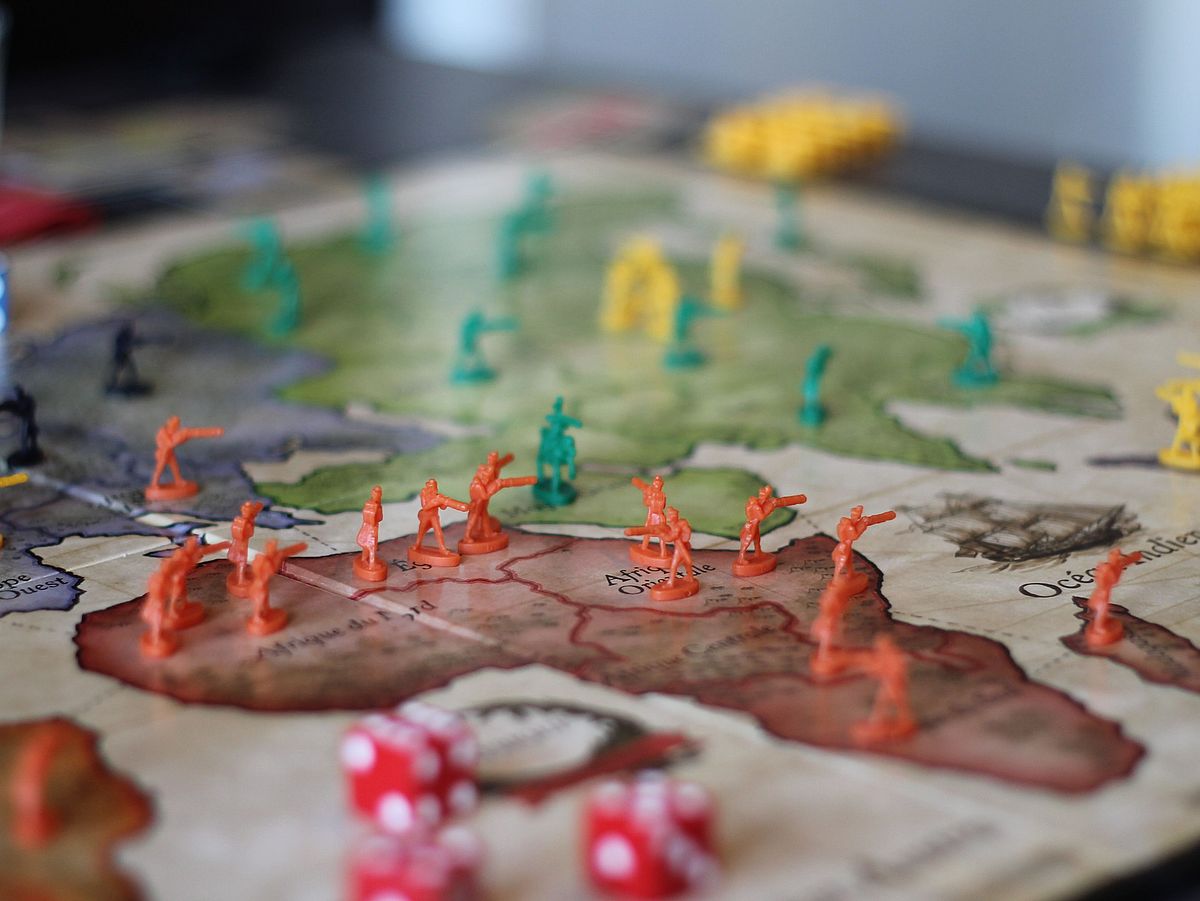Literatures and Media of Religions

Research profile
It is common knowledge among the public and academics that our modern lives are increasingly being shaped and reshaped by the media. Thus, religious discourses are also closely linked to media: modern (mass) media, such as film, television, radio, internet and virtual worlds, shape the religious landscape and impact on the identity formations of religious actors. Increasingly, these actors also make use of media to (re)present and negotiate their religious identity, for example on weblogs, in social networks or via special broadcasting formats, such as special-interest religious channels. Increasingly, media are also used by institutional as well as non-institutional religious groups to transport content to a broader public. Therefore, on the one hand, media reflect processes of cultural and social construction as well as their changes; on the other hand, they are also able to shape, change or create these constructions.
In various research projects, members of the Institute investigate the connection between media and religions and their processes of change. The research we conduct encompasses two separate objects of investigation and methodological approaches:
The construction of mental health among Muslims on social media
Samira Ghozzi-Ben Miled
This dissertation project examines how mental health is constructed among Muslim influencers and their followers on Social Media.
more
The Changing Role of Religion in Societies Emerging from Covid-19
Hannah Grünenthal, Kerstin Radde-Antweiler
The role of religion has changed during the COVID-19 pandemic, taking on renewed significance in many societies, including those experiencing secularization. RECOV-19 compares the changing role of religions in four, secularizing, global north contexts: Canada, Germany, the Republic of Ireland/Northern Ireland, and Poland.
moregamevironments
This peer-reviewed online journal aims to create and promote a platform for scientific discussions of video games. The aim is to explore both established approaches and new frontiers of research into video games in culture, religion and society.
ISSN 2364-382X
moreResearch field esports – Negotiating the notion of the nation and discussing value formations
Dr. Dr. Lisa Kienzl
Video game cultures are central parts of contemporary societies. Considering ethical questions, negotiating identity and discussing the position of technology in society are vital elements in the field of esports.
moreValue formations in a video-game-franchise
Bodil Stelter
I investigate value-formations by actors in the vicinity of video games (gamevironements). I examine how negotiations of values take place through different interrelated contexts (USK age-rating, journalistic reception, social media discourse, gaming practice) in the German-speaking context.
more
Gaming the Nation. An Intersectional Investigation of Nation, Identity and Video Gaming
Dr. Kathrin Trattner
The research project addresses the multiple interrelations between video gaming and constructions of national identity by connecting two often juxtaposed research perspectives – media aesthetics and communication studies.
moreMinority Churches as Media Settlers (2023)
Minority Churches as Media Settlers
Negotiating Deep Mediatization
Dr. Łukasz Fajfer, Prof. Dr. Kerstin Radde-Antweiler
How do minority Christian churches adapt to and negotiate with the changes brought about by deep mediatization? How do they use their media to present themselves to their followers and the general public? This book aims to answer these questions by investigating how minority organizations of two different Christian traditions in the UK and Poland – the Seventh-day Adventist Church and the Orthodox Churches – use their own media to position themselves in their social, religious, and political environments.
Based on the analyses of media practices, media content, and interview material, the study develops the new concept of media settlers, which pertains to religious organizations that use their media to fulfill their own aims: expand, assert their authority, and maintain their communities. They do so through five key media practices, which can be defined as strategies: acknowledgment, authorization, omission, replication of content, and mass-mediatization of digital media.
This book is of particular interest to scholars of religion and mediatization, mainly sociologists, graduate students, and qualitative researchers working with discourse analysis. It is an insightful read for anyone interested in the Seventh-day Adventist and Orthodox Churches nowadays.
moreThe Routledge Handbook of Religion and Journalism (2022)
The Routledge Handbook of Religion and Journalism
Prof. Dr. Kerstin Radde-Antweiler and Prof. Dr. Xenia Zeiler
The Routledge Handbook of Religion and Journalism is an outstanding reference source to the key topics, challenges, past and present global issues and debates in this exciting subject. The first collection of its kind, this volume comprises over 25 chapters by a team of international contributors. This Handbook is divided into five parts, each taking global developments in the field into account:
- Theoretical Reflections
- Power and Authority
- Conflict, Radicalization and Populism
- Dialogue and Peacebuilding
- Trends
Within these sections, central issues, debates and developments are examined, including religious and secular press; ethics; globalization; gender; datafication; differentiation; journalistic religious literacy; race and religious extremism.
This volume is essential reading for students and researchers in journalism and religious studies. This Handbook will also be very useful for those in related fields, such as sociology, communication studies, media studies and area studies.
moreMapping Study of Religion
Mapping Study of Religion
Dr. Dr. Lisa Kienzl; Bodil Stelter
The project ‘Mapping The Studies of Religion2 arose from a collaboration between young academics from the Universities of Bonn, Bremen and Munich, and provided the impetus for mapping the field of Studies of Religion in Germany, Austria and Switzerland. It combined a digital workshop format and video interviews with central representatives to connect researchers in the field.
moreMethods for Studying Video Games and Religion (2019)
Methods for Studying Video Games and Religion
Vít Šisler, Kerstin Radde-Antweiler, Xenia Zeiler
Game studies has been an understudied area within the emerging field of digital media and religion. Video games can reflect, reject, or reconfigure traditionally held religious ideas and often serve as sources for the production of religious practices and ideas. This collection of essays presents a broad range of influential methodological approaches that illuminate how and why video games shape the construction of religious beliefs and practices, and also situates such research within the wider discourse on how digital media intersect with the religious worlds of the 21st century. Each chapter discusses a particular method and its theoretical background, summarizes existing research, and provides a practical case study that demonstrates how the method specifically contributes to the wider study of video games and religion. Featuring contributions from leading and emerging scholars of religion and digital gaming, this book will be an invaluable resource for scholars in the areas of digital culture, new media, religious studies, and game studies across a wide range of disciplines.
moreCommunicative Figurations
Communicative Figurations
ZeMKI Research Project - published 2017
Radde-Antweiler, K., Grünenthal, H., and Gogolok, S., 2018. ‘Blogging Sometimes Leads to Dementia, Doesn’t It?’ The Roman Catholic Church in Times of Deep Mediatization. In: A. Hepp, A. Breiter, and U. Hasebrink, eds. Communicative Figurations. Cham: Springer International Publishing, 267–286.
https://doi.org/10.1007/978-3-319-65584-0_11
more
![[Translate to English:] Zur Startseite des Instituts für Religionswissenschaft und -pädagogik](/fileadmin/user_upload/fachbereiche/fb9/reliwiss/Fotos_und_Bilder/Logos/logo_mit_schrift_schwarz_1892x588_01.jpg)











